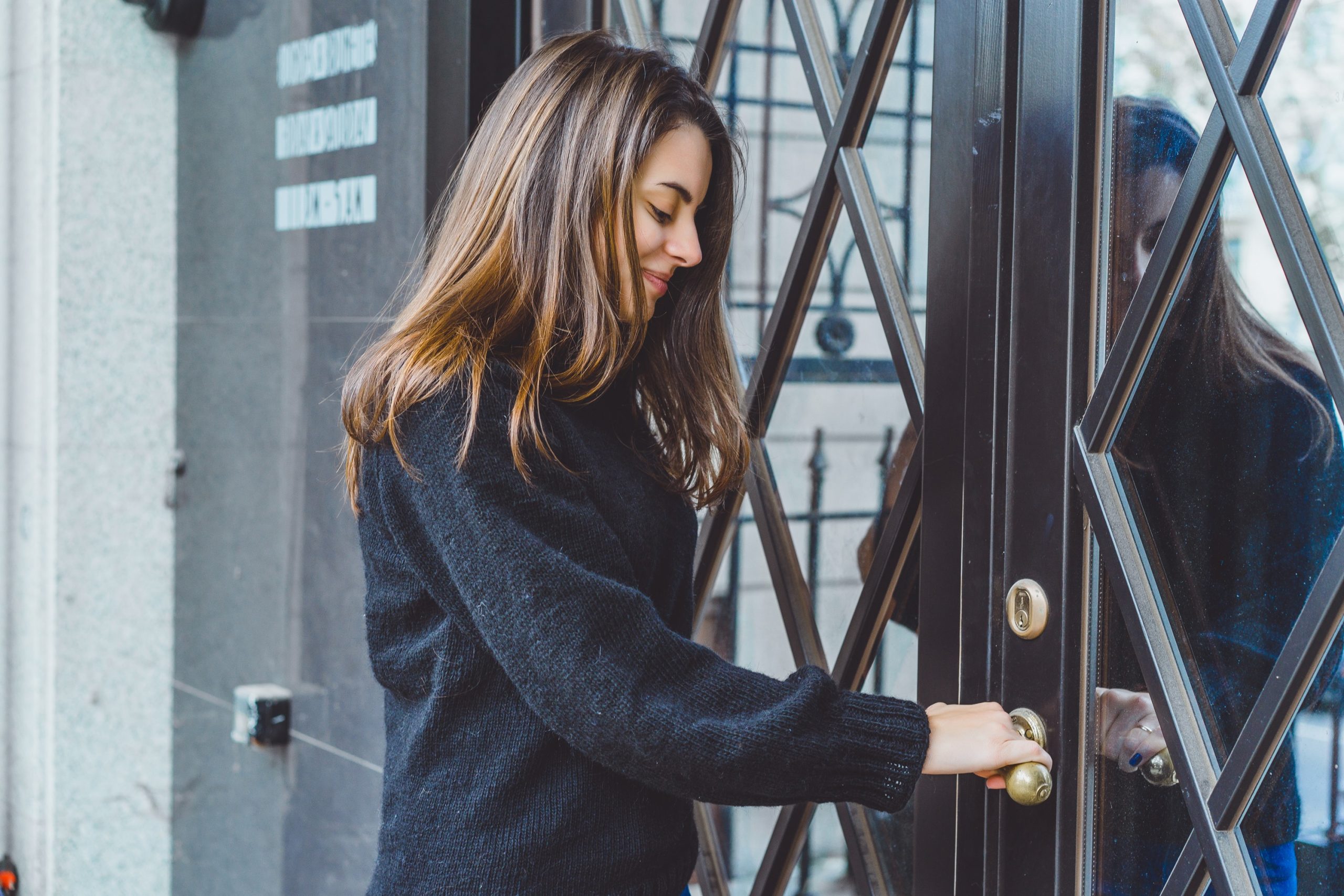While there are financial benefits to owning a home, two recent studies showed that homeownership’s non-financial benefits might be even more valuable.
In a recent survey, Bank of America asked homeowners: “Does owning a home make you happier than renting?” 93% of the respondents answered yes, while only 7% said no. The survey also revealed that:
- More than 80% said they wouldn’t go back to renting
- 88% agreed that buying a home is the “best decision they have ever made”
- 79% believed owning a home has changed them for the better
There is “emotional equity” that is built through homeownership. The study concluded that more than half of current homeowners define a home as a place to make memories, compared to 42% who view a home as a financial investment. Besides building wealth, the survey also showed that homeownership enhances the quality of life:
- 67% of current homeowners believed their relationships with family and loved ones have changed for the better since they bought a home
- 78% are satisfied with the quality of their social life
- 82% of homeowners said they were satisfied with the amount of time they spend on their hobbies and passions since purchasing a home
- 75% of homeowners pursued new hobbies after buying a home
Homeowners seem to be very happy. Renters Tell a Different Story…
According to the latest Zillow Housing Aspirations Report, 45% of renters regret renting rather than buying — more than five times the share of homeowners (8%) who regret buying instead of renting. Here are the four primary reasons people regret renting, according to the report:
- 52% regret not being able to build equity
- 52% regret not being able to customize or improve their rentals
- 50% regret that the rent is so high
- 49% regret that they lack private outdoor space
These two studies prove that renting is just not the same as owning.
Becoming Homeowners
But how do you make the transition from renter to homeowner? Here are a few steps you can take to achieve the dream of homeownership.
Establishing a Realistic Budget
Create a budget that considers down payment, closing costs, monthly mortgage payments, and day-to-day expenses. The goal is to strike a balance that doesn’t compromise your financial well-being.
Saving for a Down Payment
Saving for a down payment doesn’t have to be daunting. There are multiple tips to help you:
Automatic Savings: Business Insider suggests direct depositing a percentage of your paycheck into a savings account set aside for your down payment. They state that “the automatic-savings strategy makes it so you don’t have to remember to save money constantly.”
Learn where your money goes: Monitor your current spending to determine where you can trim the fat from your budget. For a month or two, track each expenditure, no matter how small. Get an objective picture of where you’re spending the cash.
Create a Goal: Talk to an agent or lender to determine how much you need to save and work towards that goal. Even if you’re not 100% sure what your down payment needs to be yet, it’s good to start doing a little math to figure it out. Pick a dollar amount and a timeline to hit that dollar amount.
Setup a separate savings account: Keep your dream home money from mingling with your regular checking or savings account. Establish a high-yield savings account with a credit union or money market account to protect and build your stash.
Pretend you already have a house payment. Once you determine the approximate amount of a new house payment, start making that payment now. Instead of paying the bank, pay your savings account. This trick is twofold: It will help you accumulate a down payment faster and ensure that you can afford the new house payment.
Bottom Line of Becoming Homeowners
There are both financial and non-financial benefits to homeownership. As good as the “financial equity” is, it doesn’t compare to the “emotional equity” gained by owning your home. I would be happy to talk with you about becoming a homeowner. Give me a call (928) 458-4025!


 Facebook
Facebook
 X
X
 Pinterest
Pinterest
 Copy Link
Copy Link


